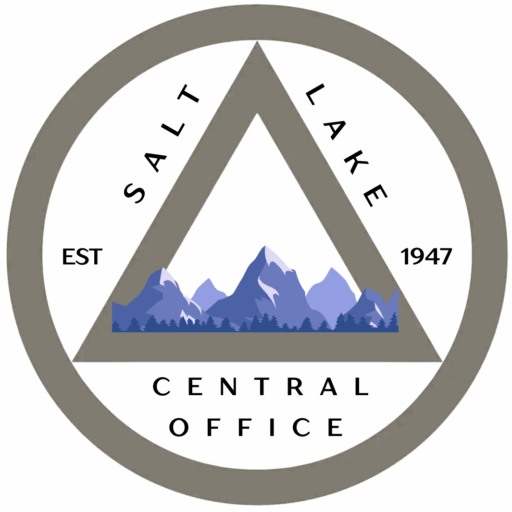The day before I got sober I learned that every time I tried to help someone I ended up hurting them in some way. The shock of this led me to look at myself in a light I had previously thought only applied to the destitute and lost souls of the world. It turned out I might be one of them.
Many months later I raised my hand to sponsor for the first time. Proudest moment of my life. It seemed like such a small thing, raising my hand, but it said so much about what had happened to me through recovery. I was qualified, whatever that means, to help someone rebuild a life. I had experience I could point to when saying “I know the way out”.
None of the men I’ve sponsored have stayed sober, at least in the go around where we worked together. One passed away from an overdose. Most just fade into the background. I used to blame myself because that’s what I do. But I didn’t put the bottle in anyone’s hand; I didn’t jam a needle anywhere.
I’ve been a proxy sponsor for some. I think it means I help them work through some stuff without pulling out the big guns of Sponsor. I have learned when to listen, how to wait for a question before giving advice, how to guard against crazy.
I know the first few chapters of Alcoholics Anonymous very well, especially “The Doctor’s Opinion”. This means I have a firm grasp of my disease, of how to distance myself from the shame and guilt. Every sponsee brings new stories of how things might have been, how they could become, if I forget that there is something inside me too powerful to contend with, that the only way to win is to deny the battle.
Sobriety is freely offered, and it must be freely taken. I do my best to let people fail on their own terms and to be there when they find the cold too bitter. I’ve stayed sober almost 5 years. That has to count for something.
—Jonathan H.
